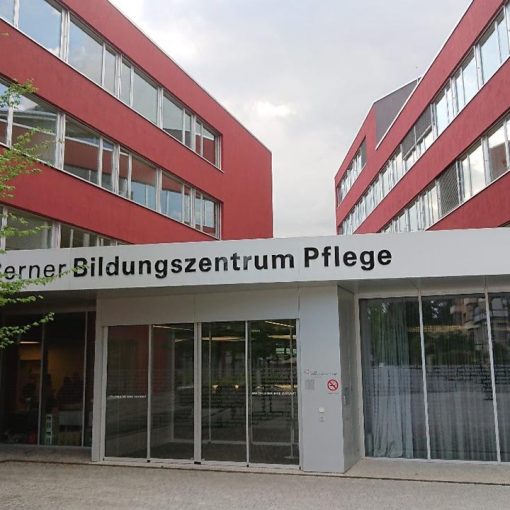Organizations prioritize talent retention but escalating staff turnover can lead to decreased productivity, institutional knowledge, and increased recruitment costs. High employee turnover often indicates issues within the work environment, such as poor leadership or unsatisfactory work-life balance. (Urme 2023). To address employee engagement issues, a multilevel approach should be implemented, focusing on fostering commitment and positive organizational culture among working employees.
Drivers of the turnover and employee engagement
Employee turnover is influenced by factors like company culture, professional progression, work-life balance, and working conditions, with unsatisfied employees seeking better opportunities elsewhere due to ineffective management, limited advancement options, low job contentment, and organizational instability (Kanchana & Jayathilaka 2023). A comprehensive strategy involving a positive work environment, fair compensation, professional progression opportunities, and effective communication is needed to improve employee retention.
Employee engagement is vital for an organization to foster a motivated, creative workforce, enhancing retention rates, profitability, and customer satisfaction. Highly involved workers are more productive, creative, and loyal to their employer, resulting in higher customer satisfaction, profitability, and retention rates (Madhani 2020). Key elements include a supportive work environment, growth opportunities, effective communication, and direction which leads to employee satisfaction and long-term growth.

Leadership and managerial approach
Leadership practices that promote dedication, participation, and a positive work environment are crucial. These practices involve delegating authority, facilitating change, encouraging collaboration, and setting high-performance expectations. Management is responsible for ensuring staff have the necessary skills, training opportunities, and adaptability to respond effectively to strategy requirements (Sirkiä 2020, 64-65). Leadership significantly impacts an organization’s culture, performance, and success by recruiting, retaining, and engaging personnel (Sürücü & Yesilada 2017). Employees prefer leaders who prioritize their well-being, foster a positive work environment, and provide professional development, growth, creativity, and long-term success in today’s competitive business landscape.
The long term impact
Cost reductions, stability, diversity, innovation, and talent development are all improved through long-term employee retention. It strengthens the organization’s ethos, communication, and collaboration, and increases market presence, recruitment, output, expansion, and growth. A consistent workforce, sustainable development, and shared knowledge are key benefits of investing in retention strategies, fostering a positive work ethic, and promoting a customer-centered culture. (Timsina 2024, 59‒60).
Authors
Suman Timsina is a student at the LAB University of Applied Sciences in a master’s degree program in Tourism and Event Management.
Dr. Jukka Sirkiä is a Senior Lecturer and also an RDI Specialist at the LAB University of Applied Sciences.
References
Ioginueve_ilustra. 2020. Hercer, H. Vaihteet, tehdä työtä, tiimi, yhdessä. Pixabay. Cited 19 Mar 2024. Available at https://pixabay.com/fi/vectors/vaihteet-tehd%C3%A4-ty%C3%B6t%C3%A4-tiimi-yhdess%C3%A4-5193383/
Kanchana, L. & Jayathilaka, R. 2023. Factors impacting employee turnover intentions among professionals in Sri Lankan startups. PLOS ONE, 18(2): e0281729. Cited 14 Mar 2024. Available at https://doi.org/10.1371/journal.pone.0281729
Madhani, P. M. 2020. Effective rewards and recognition strategy: Enhancing employee engagement, customer retention and company performance. Social Science Research Network. Cited 19 Mar 2024. Available at https://papers.ssrn.com/sol3/papers.cfm?abstract_id=3672972.
Sirkiä, J. 2020. Leveraging digitalization opportunities to improve the business model. School of Business and Management. Lappeenranta-Lahti University of Technology LUT. Cited 17 Mar 2024. Available at https://urn.fi/URN:ISBN:978-952-335-560-6
Sürücü, L. & Yesilada, T. 2017. The impact of leadership styles on organizational culture. ResearchGate. Cited 15 Mar 2024. Available at https://www.researchgate.net/publication/319135951_The_Impact_of_Leadership_Styles_on_Organizational_Culture.
Timsina, S. 2024. Employee turnover and engagement programs for retention. Master’s thesis. LAB University of Applied Sciences. Cited 17 Apr 2024. Available at https://urn.fi/URN:NBN:fi:amk-202404166713
Urme, UN. 2023. The impact of talent management strategies on employee retention. International Journal of Science and Business, 28(1):127–146. Cited 14 Mar 2024. Available at https://doi.org/10.58970/ijsb.2209.




